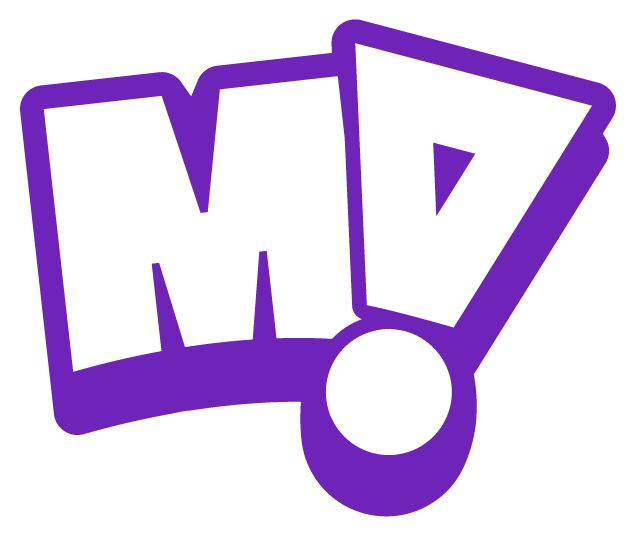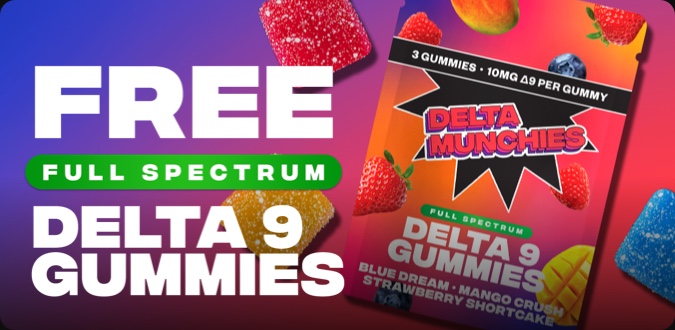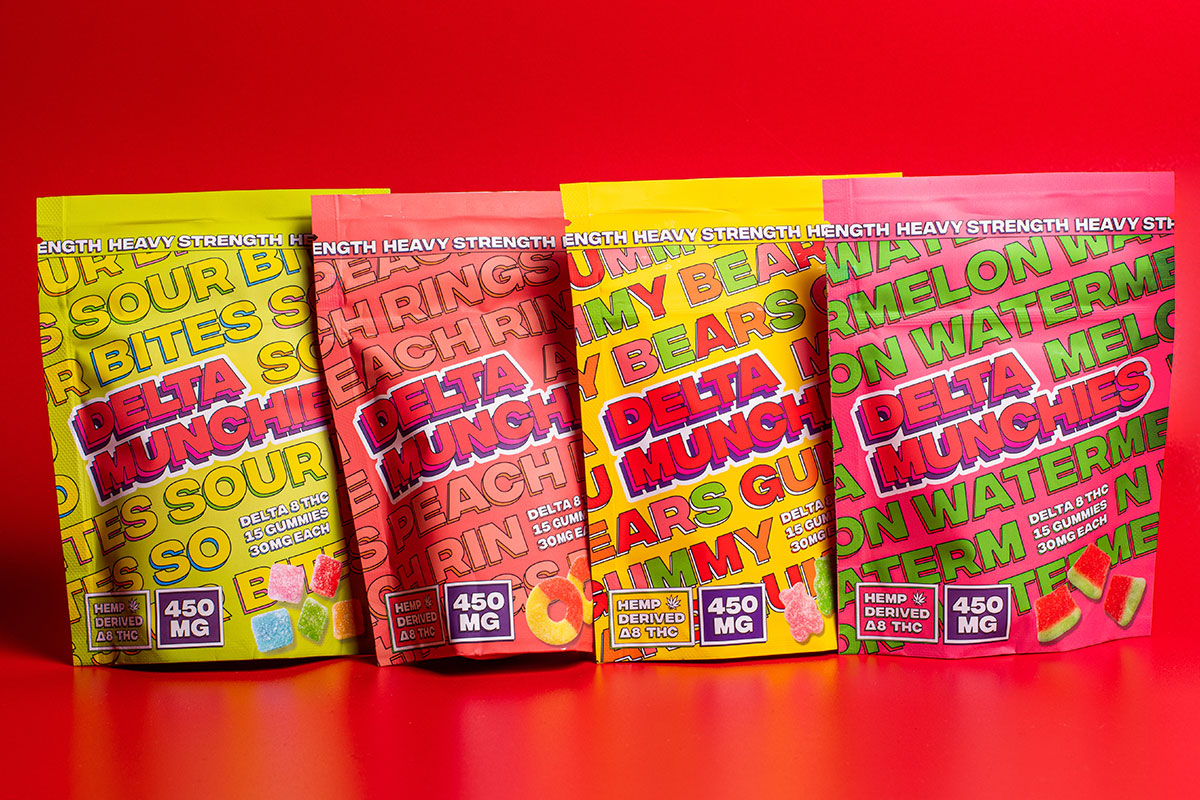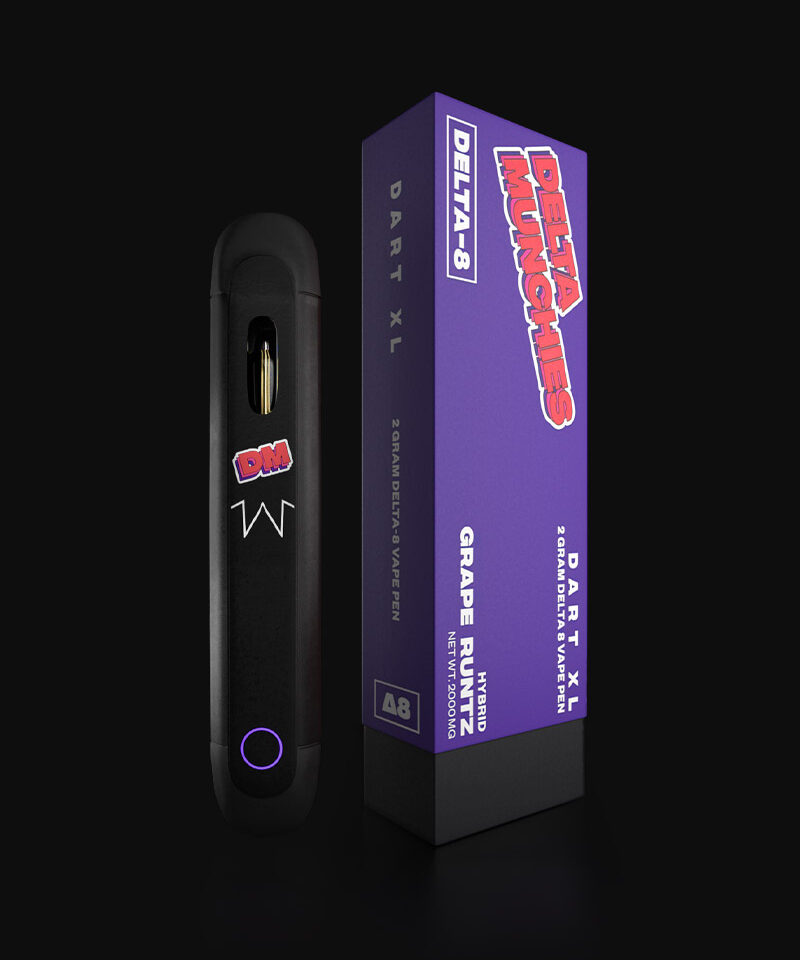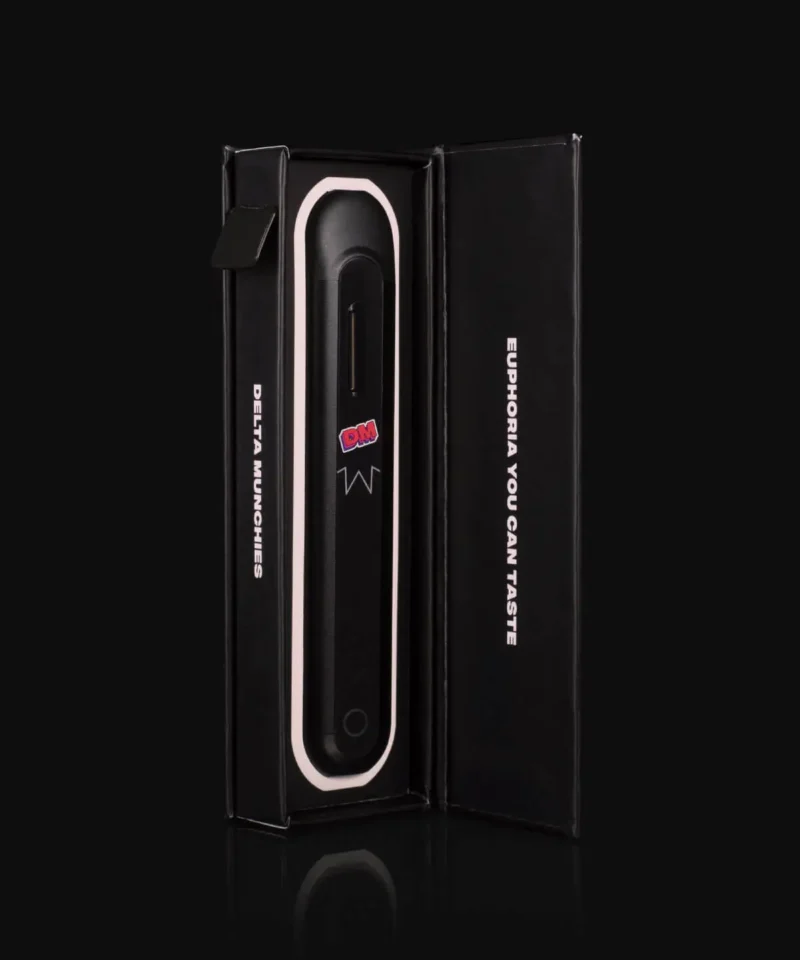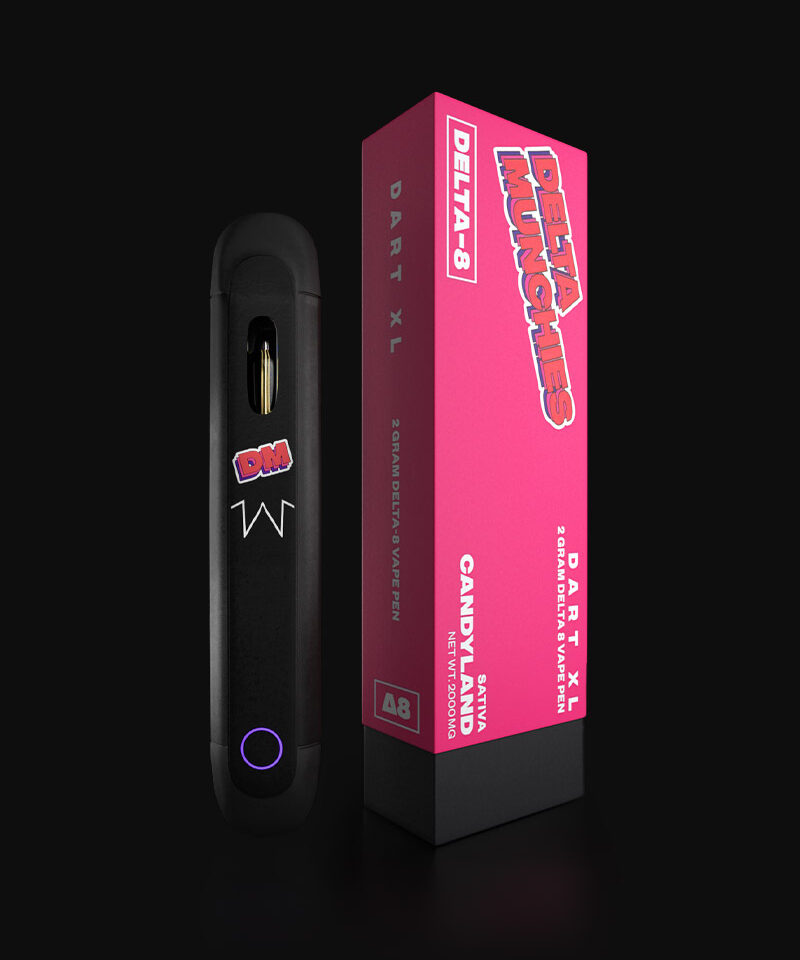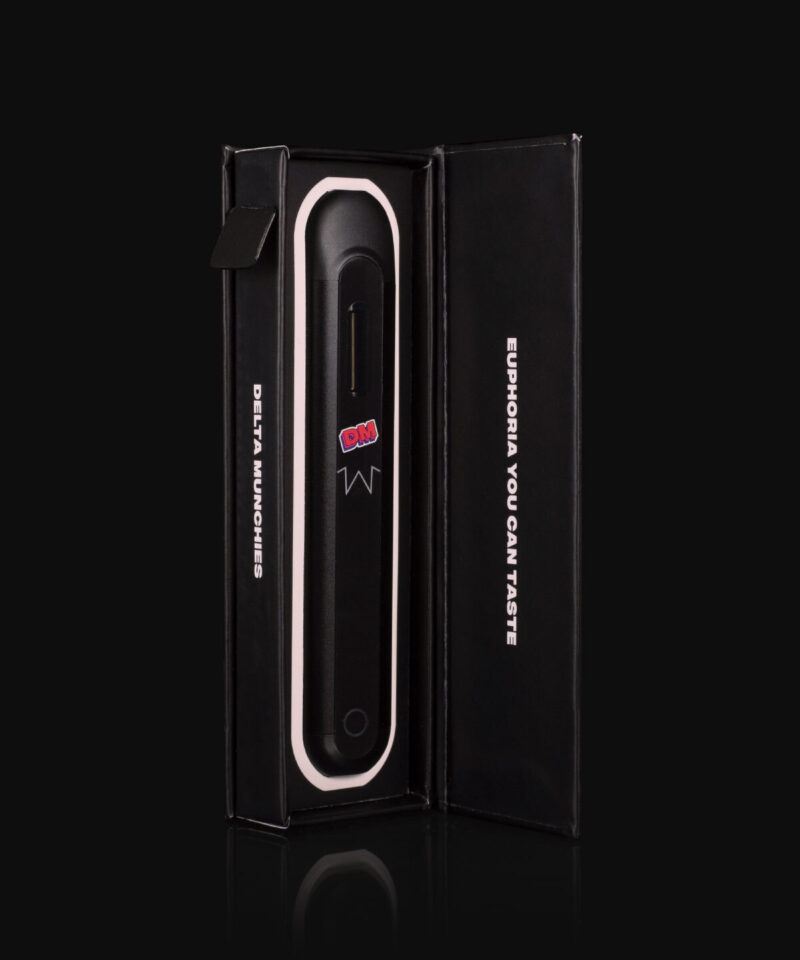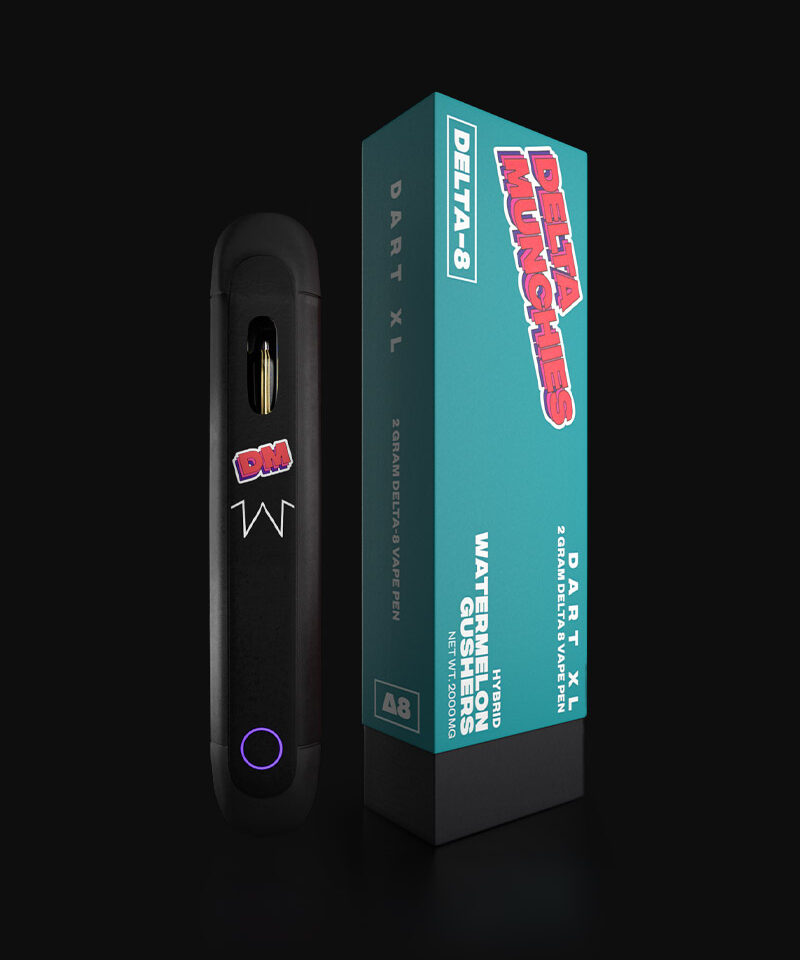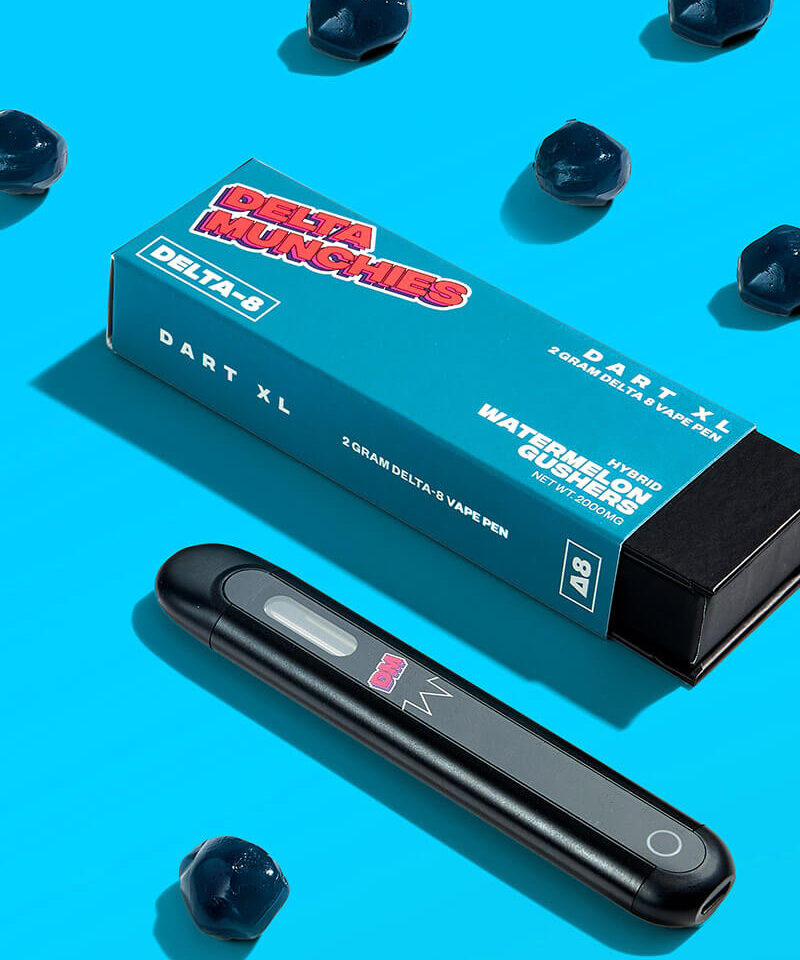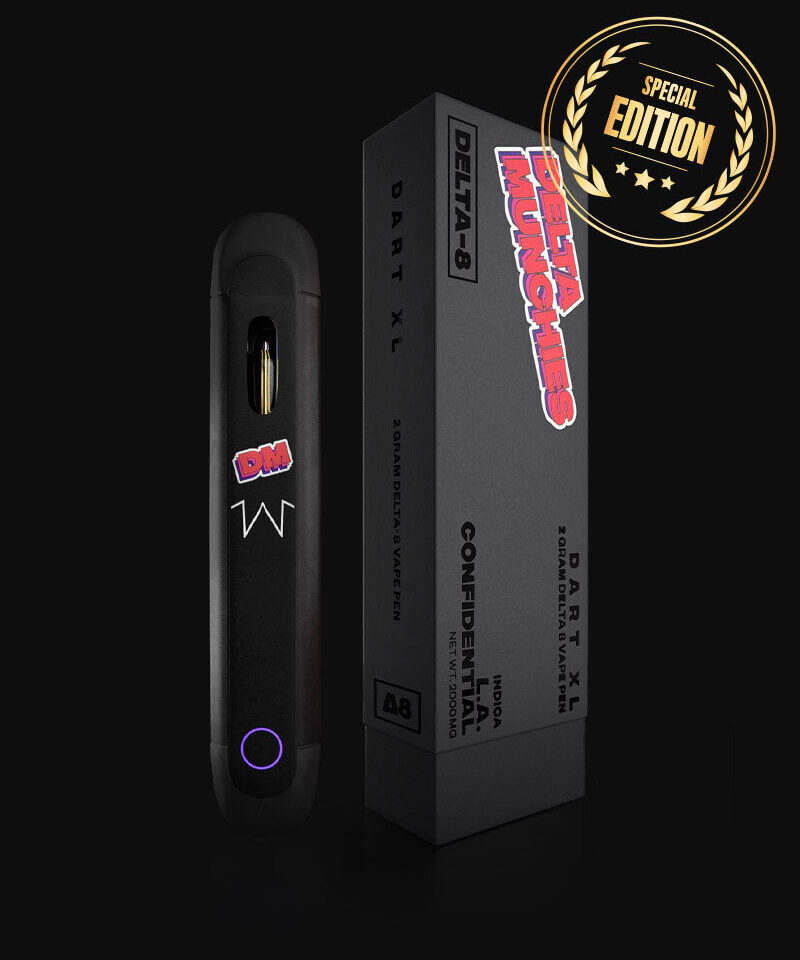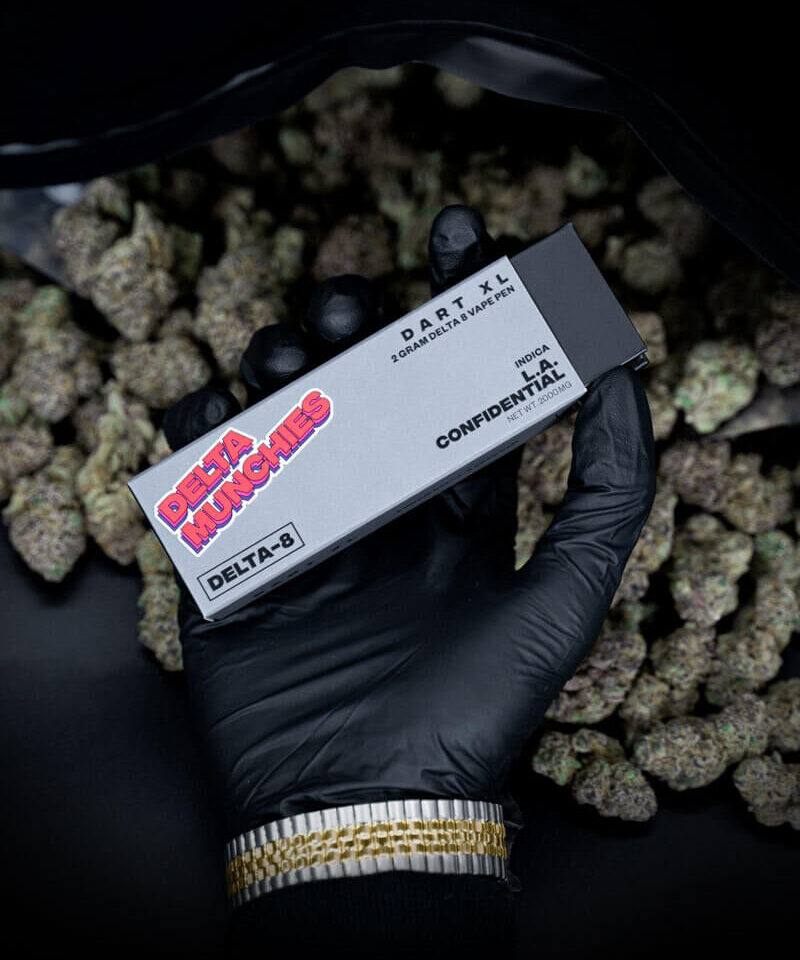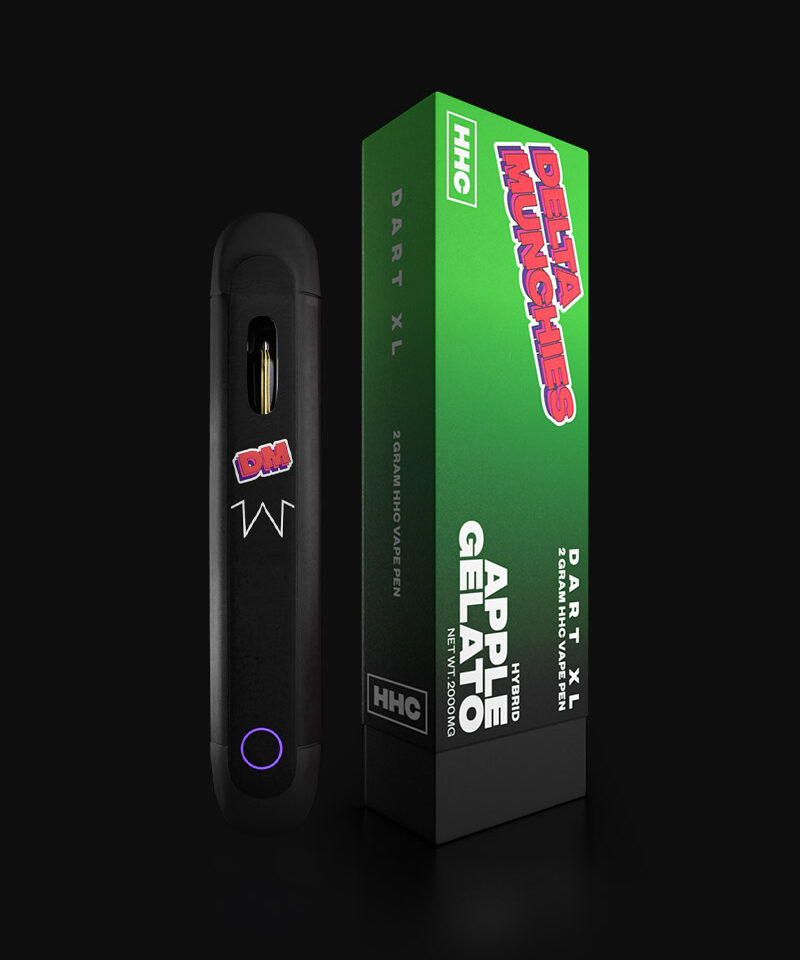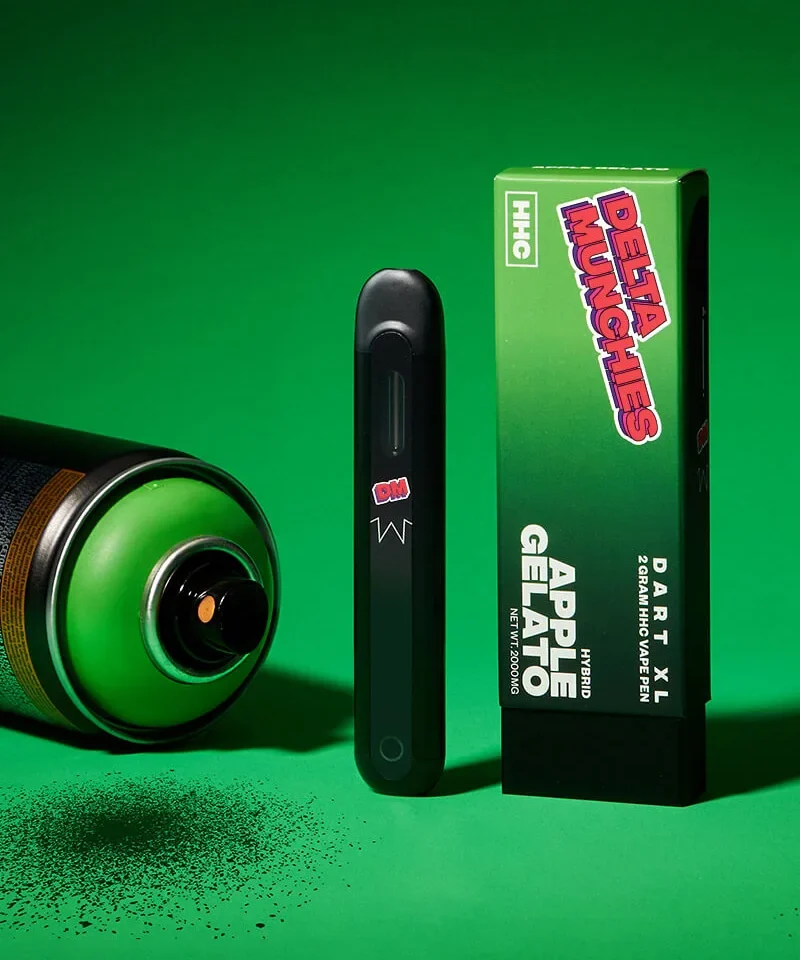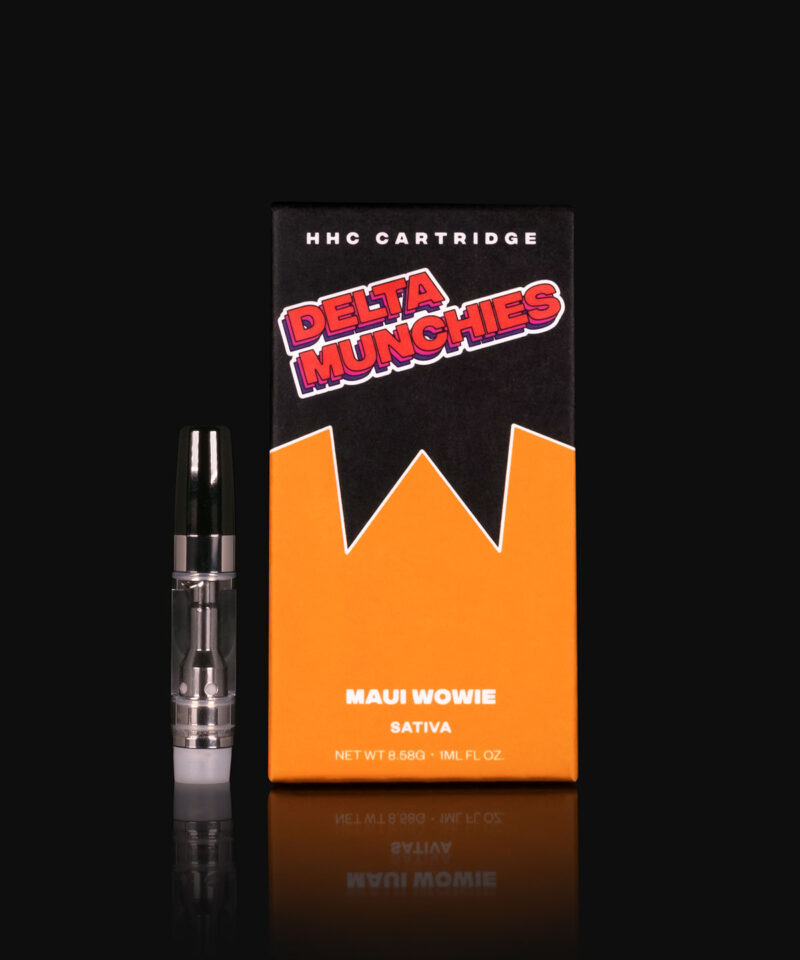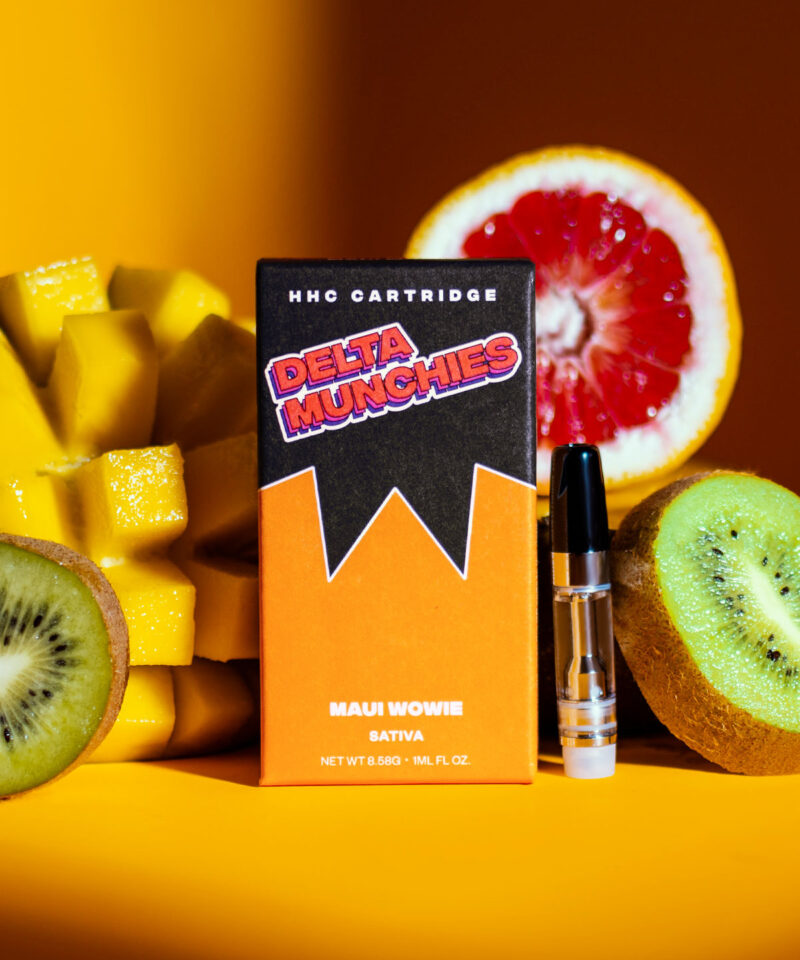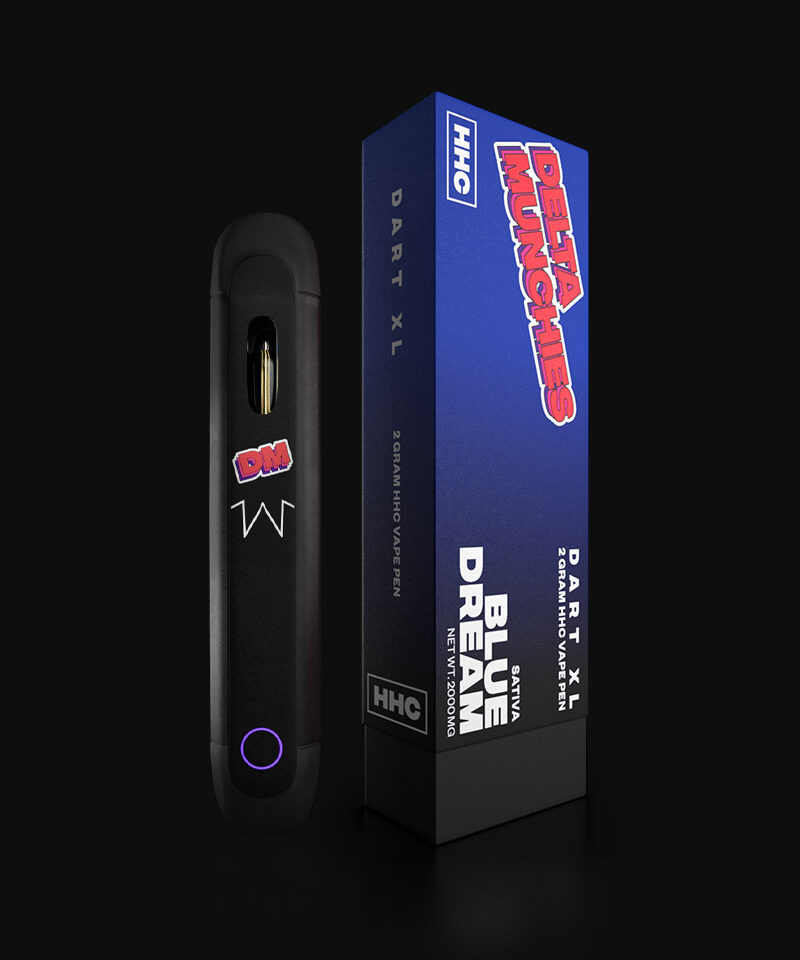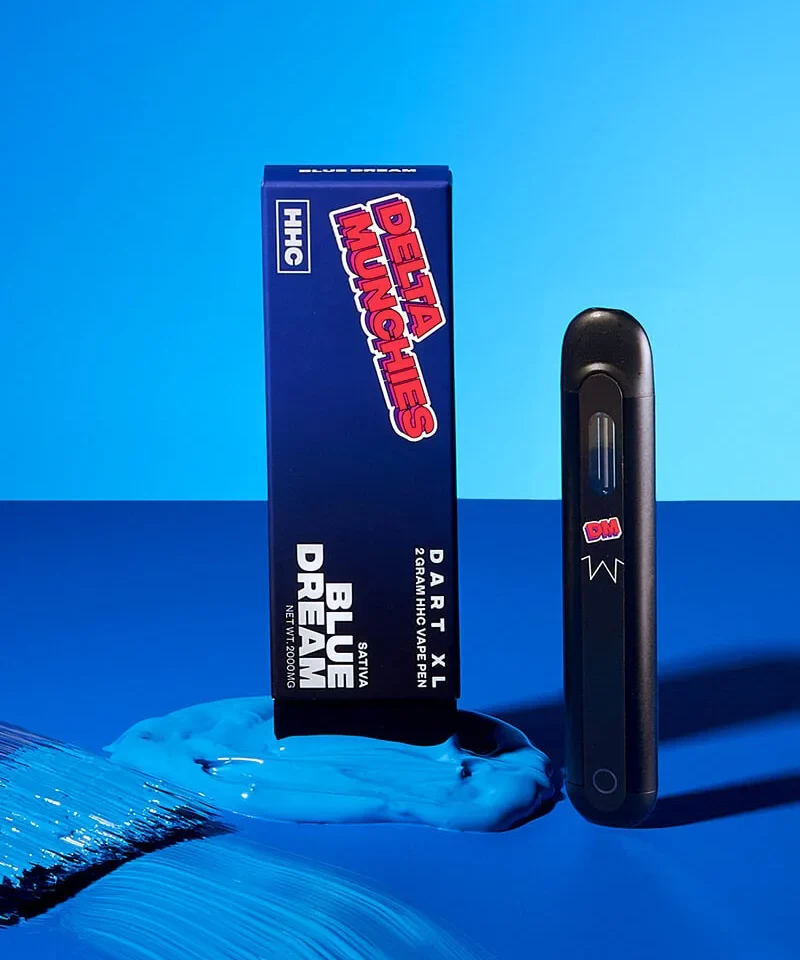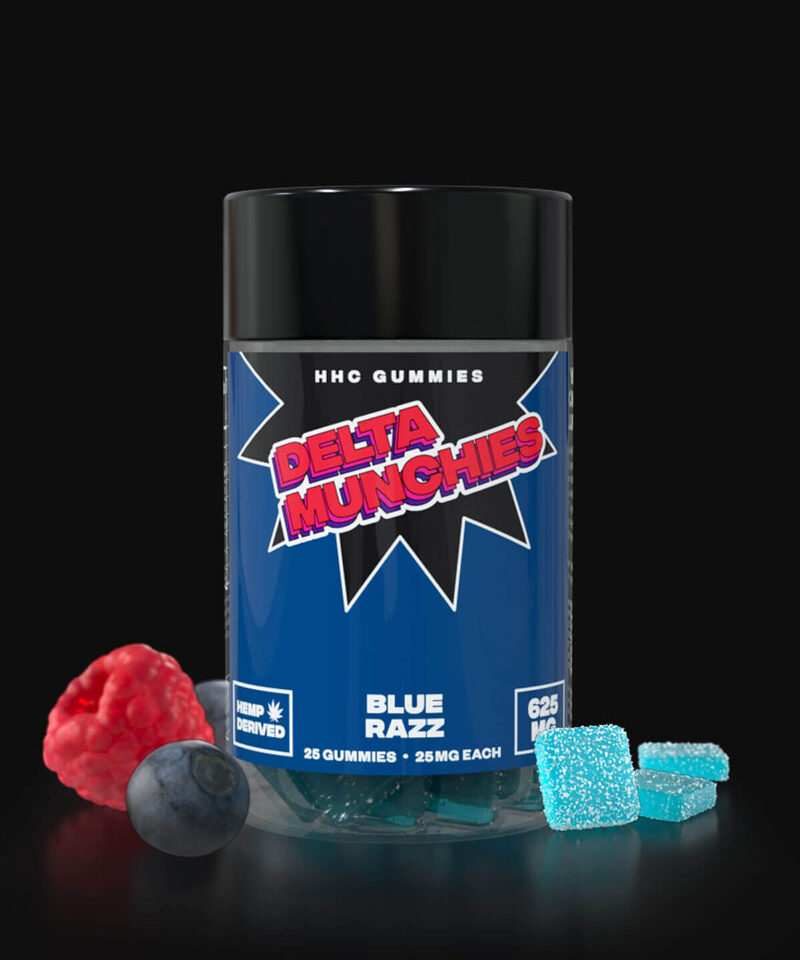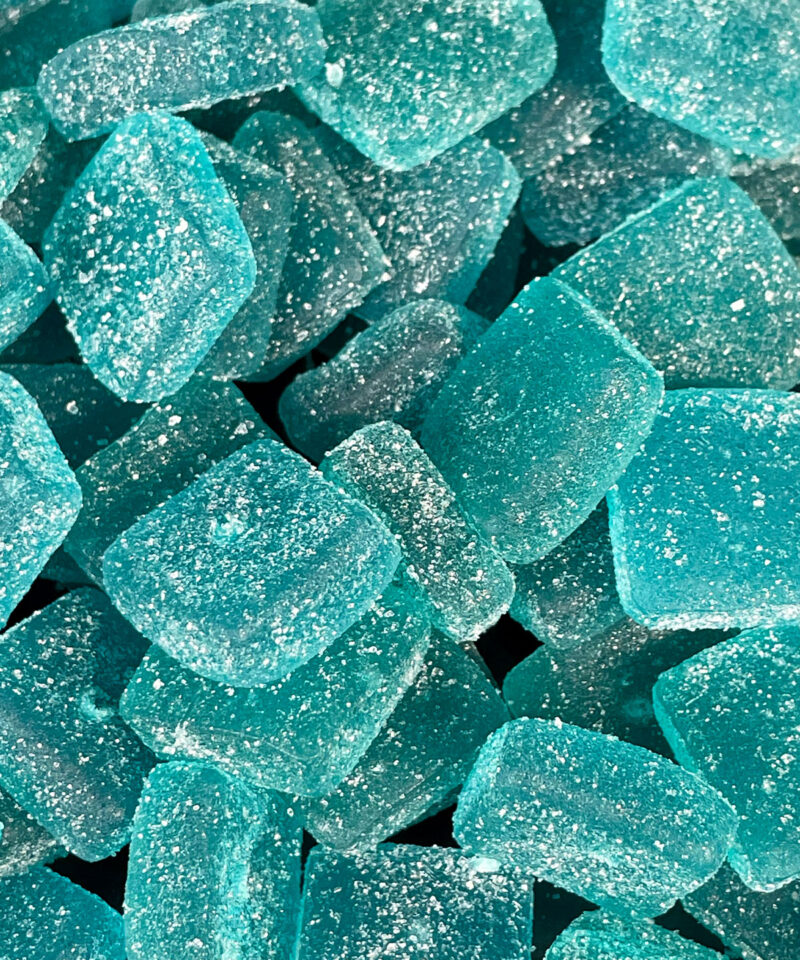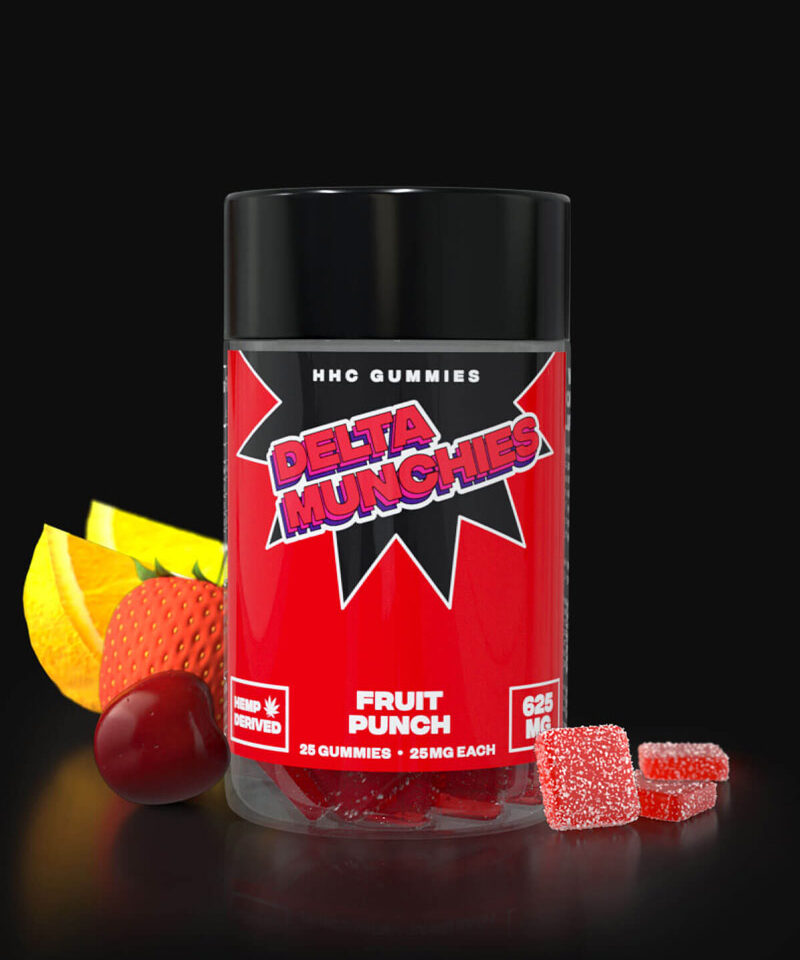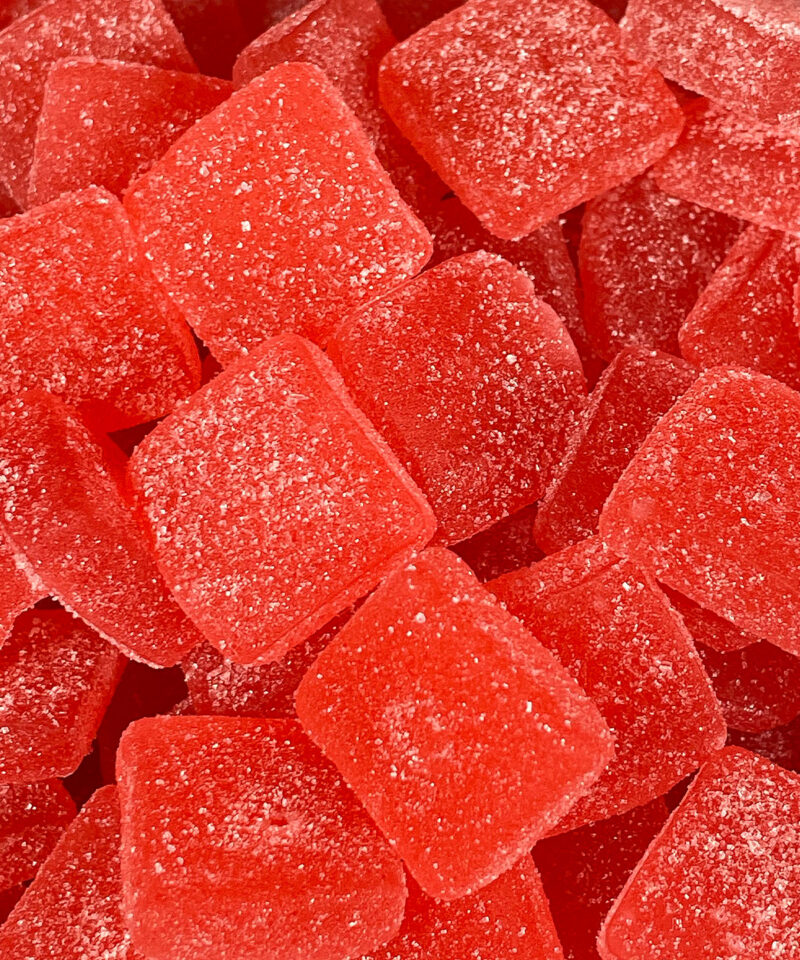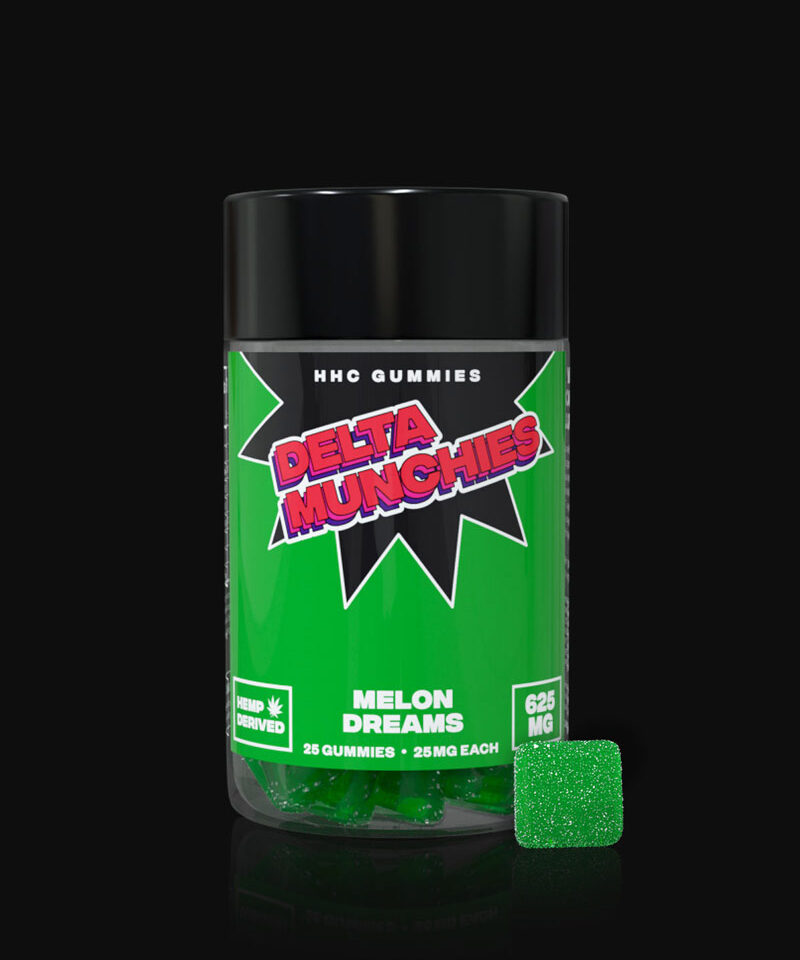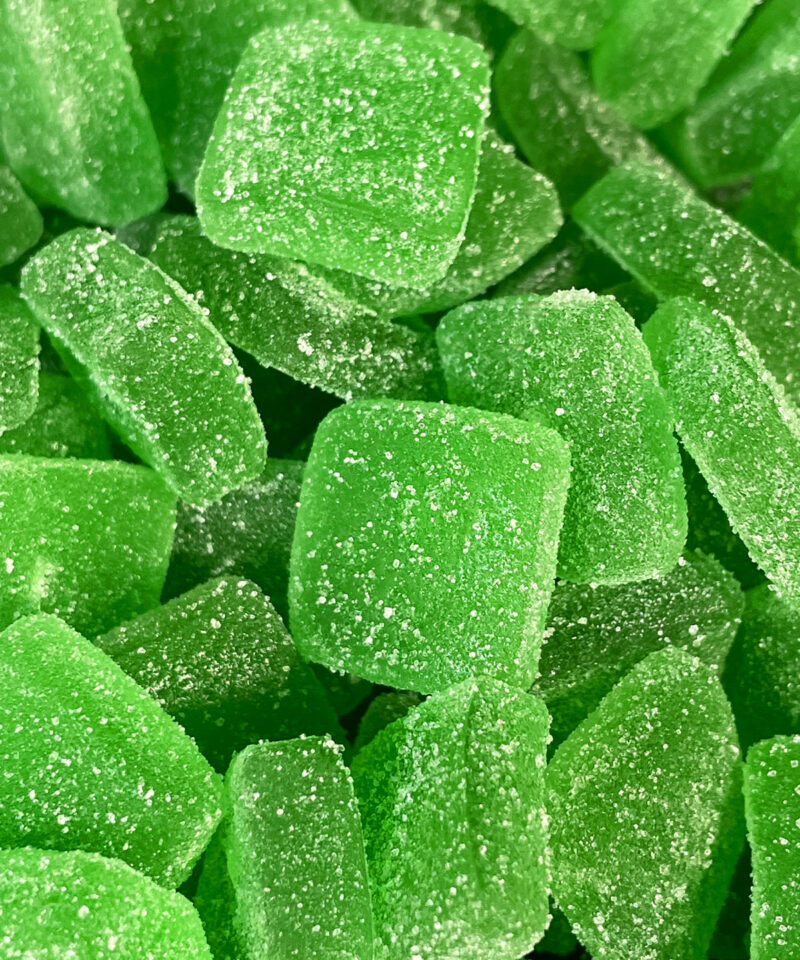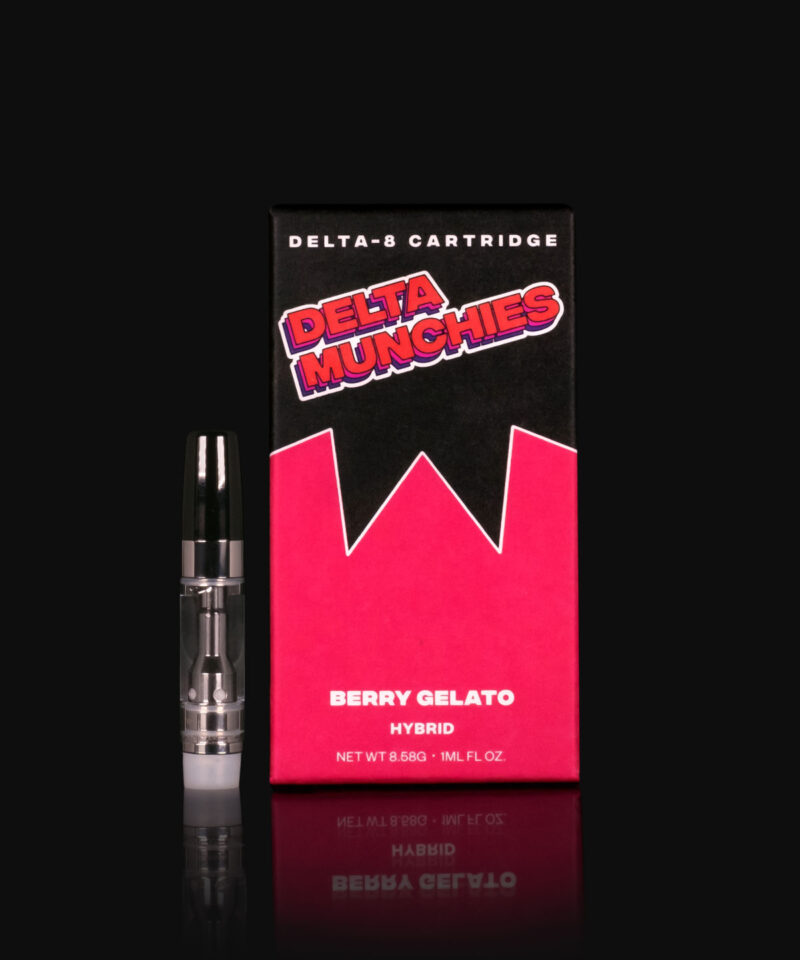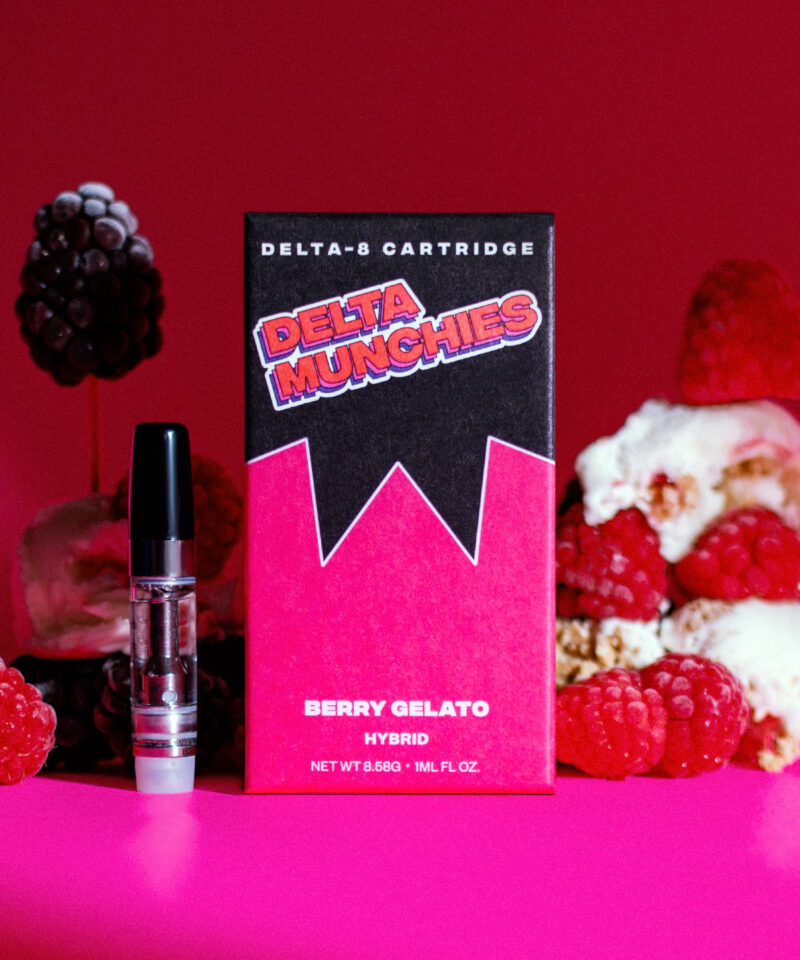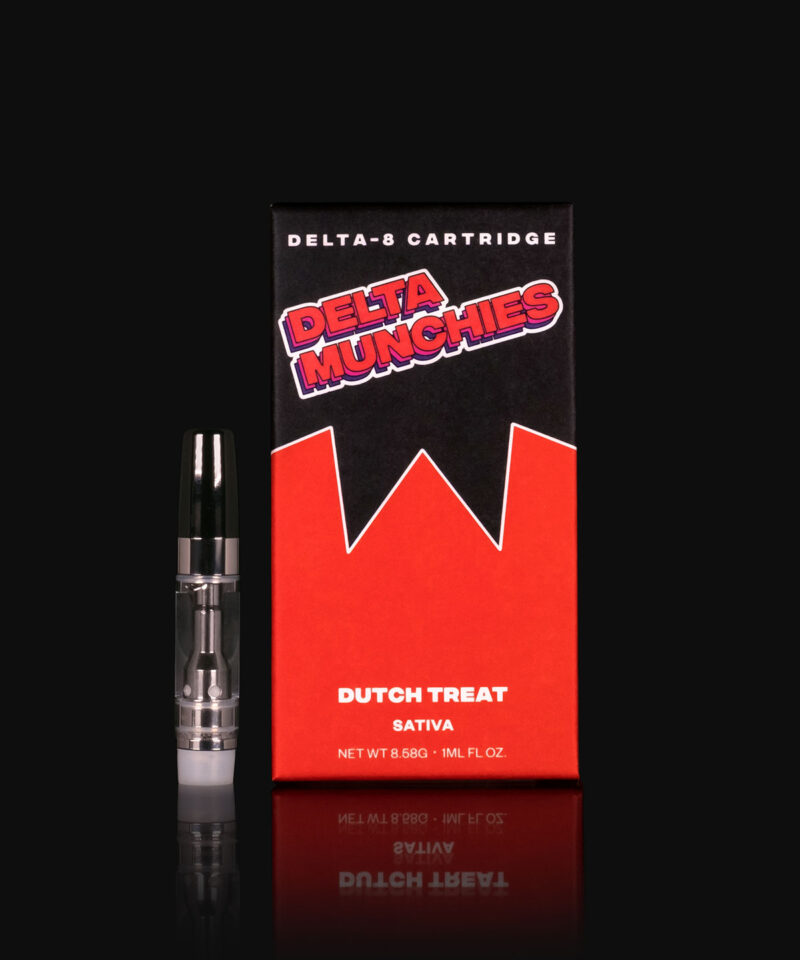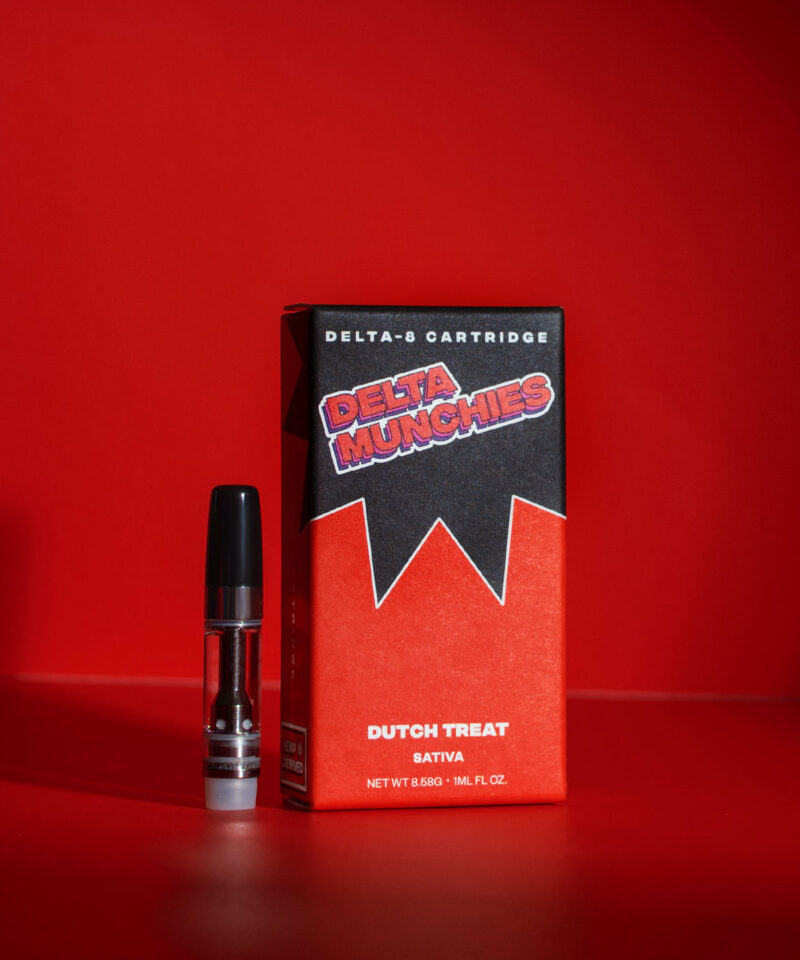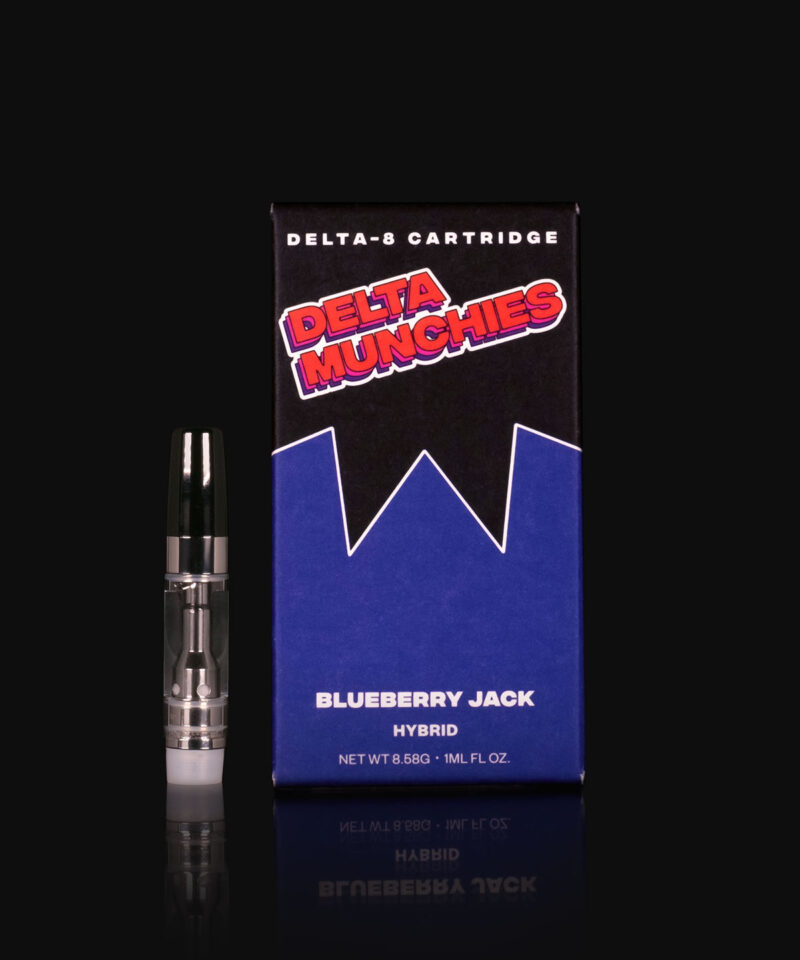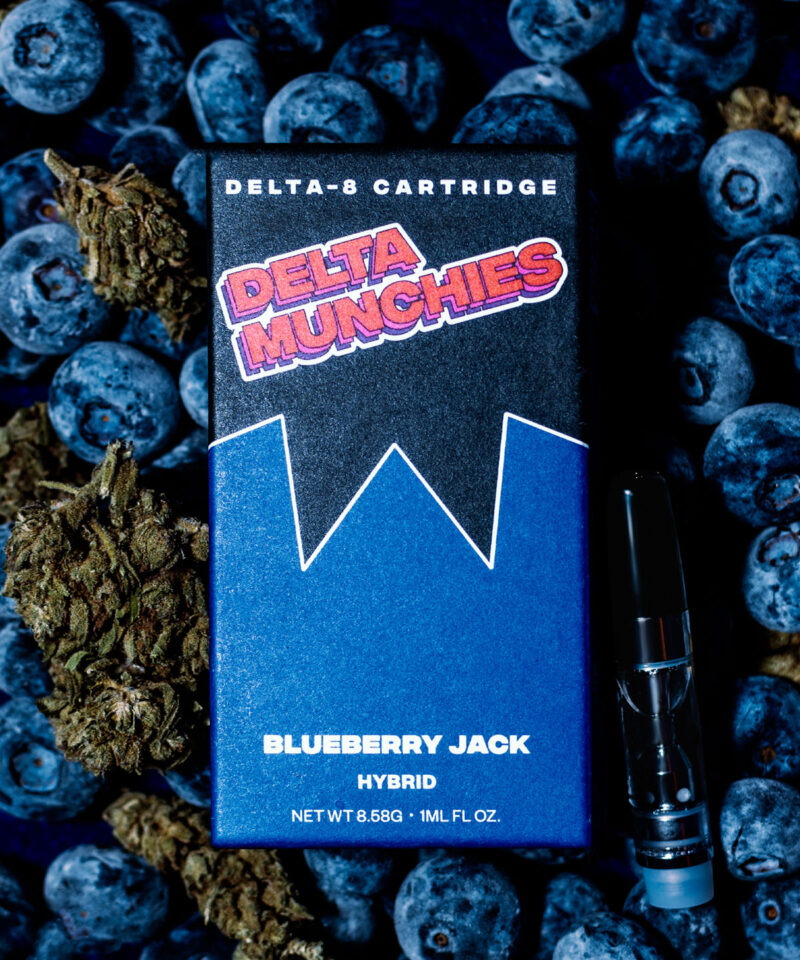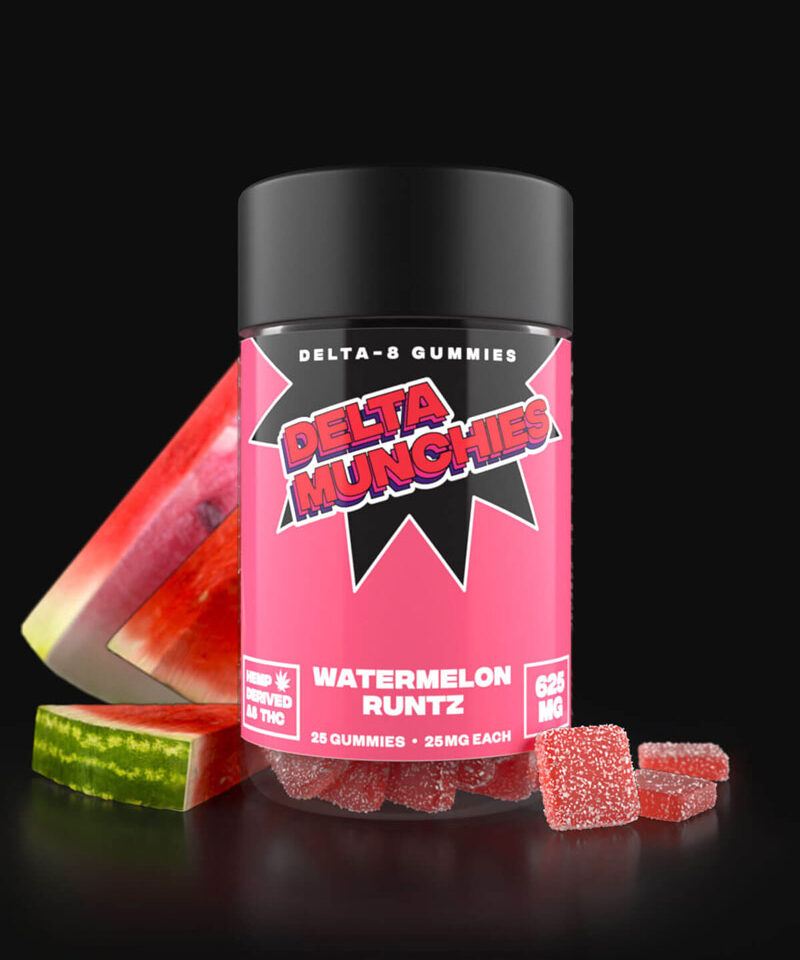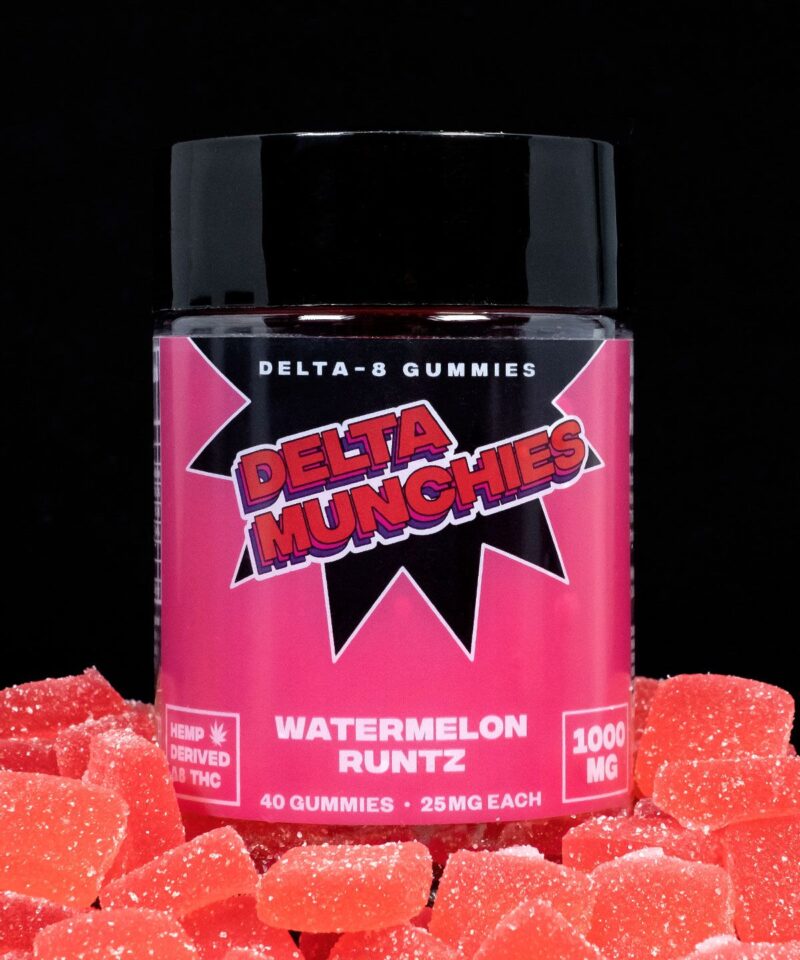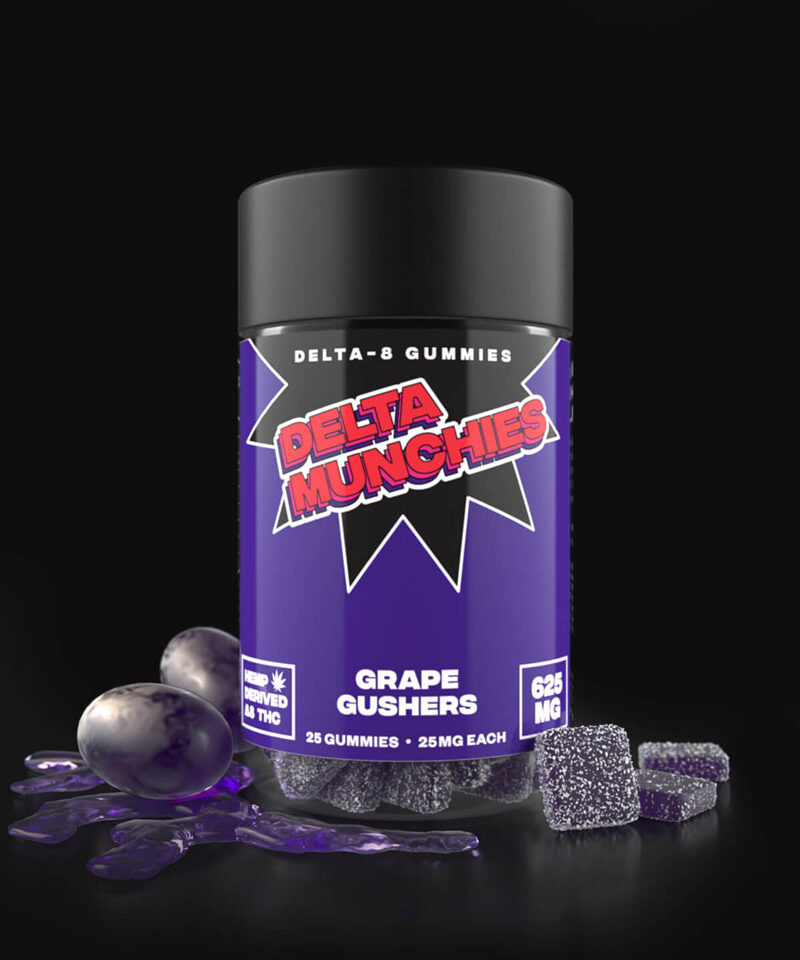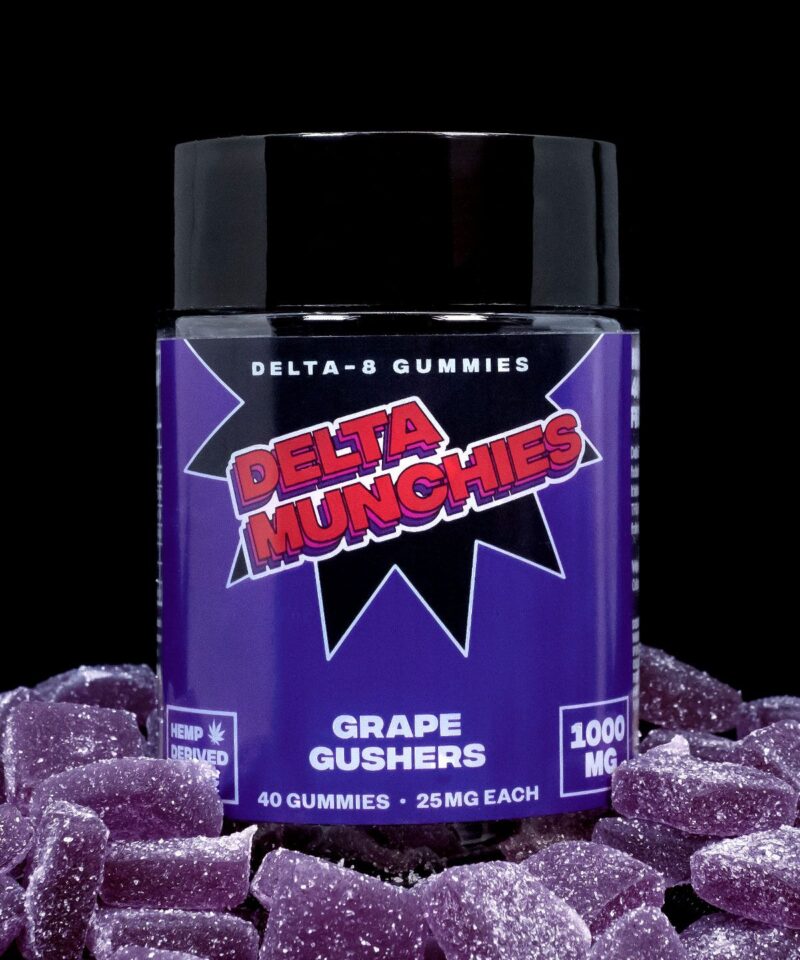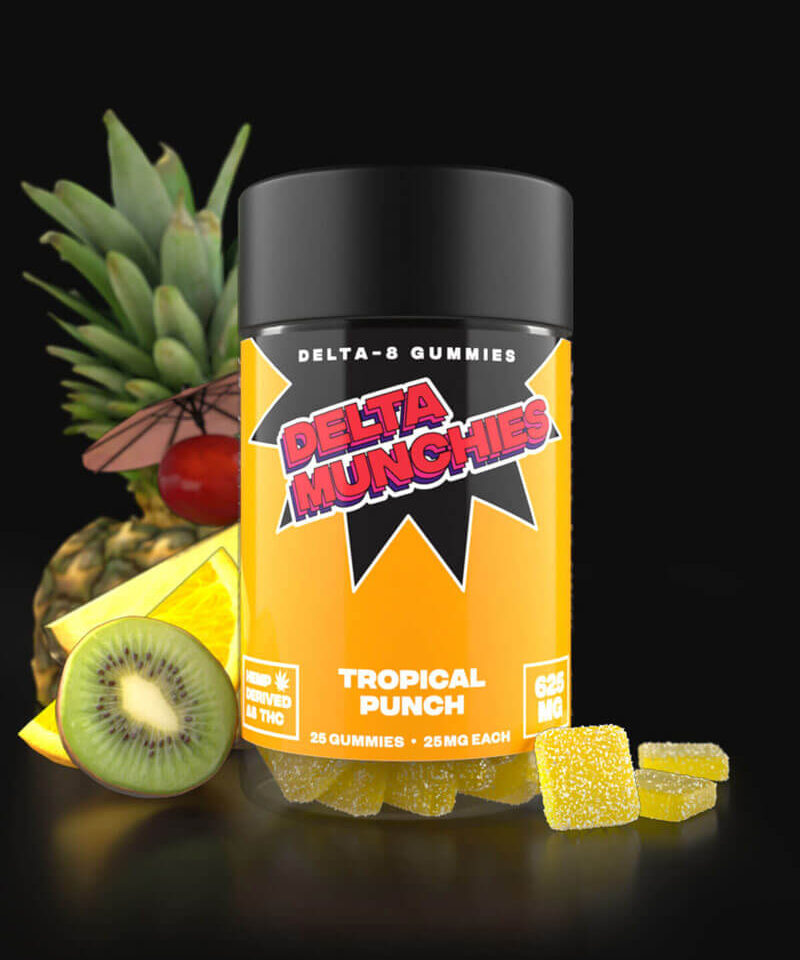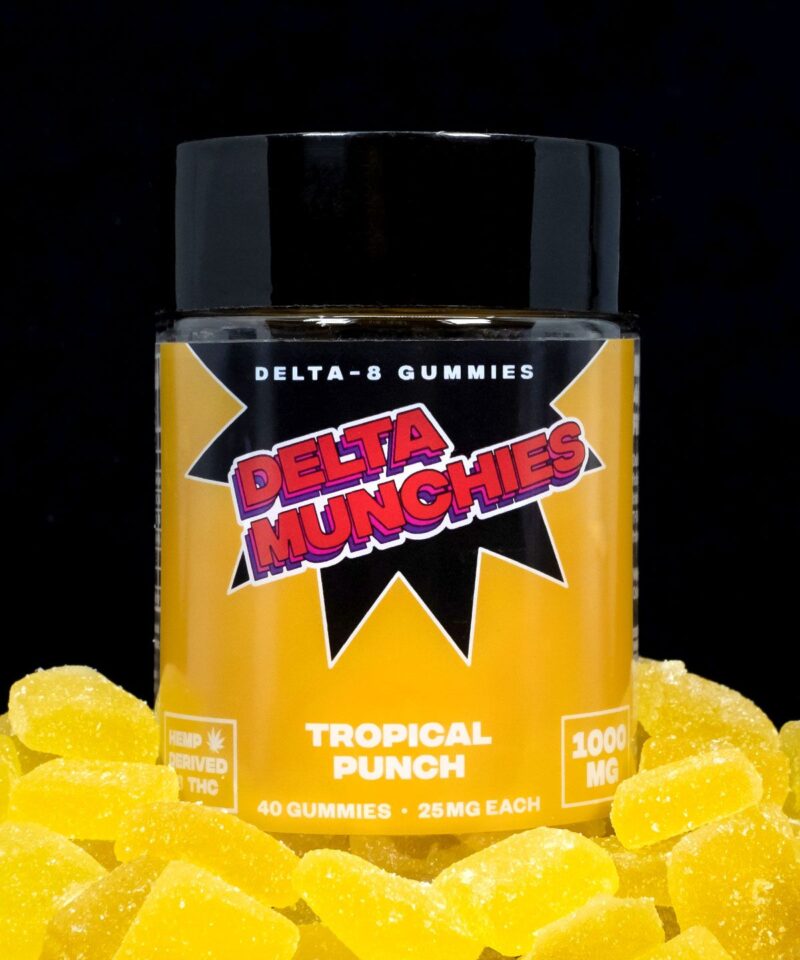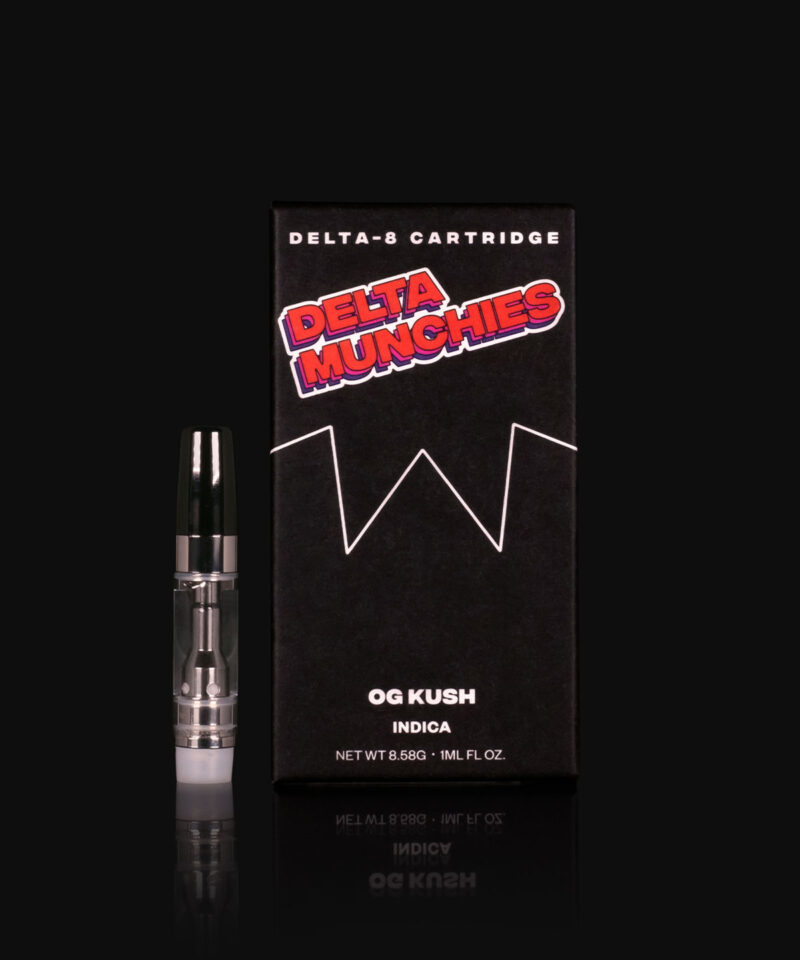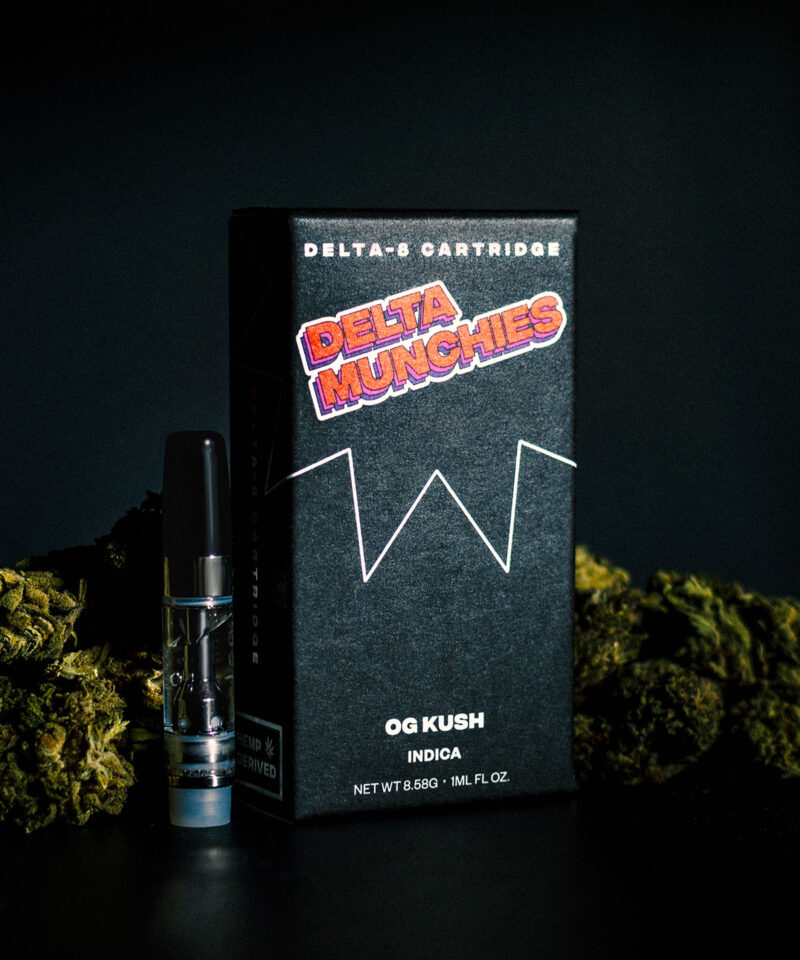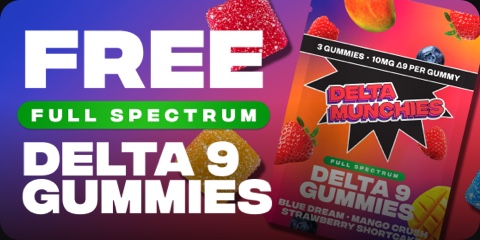Delta 8, HHC, Informative
HXC vs. Delta 8
They say the beauty of living lies in learning something new every day. And if you’re a cannabis enthusiast, there’s much to learn. You’ve probably heard of delta 8 and perhaps even used it. But how much do you know about HXC?
Well, hang on a bit longer and learn more about these cannabinoids.
Want to try both cannabinoids for yourself? We’ve got you covered! Here are some of our best-selling HHC and delta 8 products.
Delta 8 THC
Dart XL
Delta 8 THC
Contents
- Key Takeaways
- What is HXC?
- How is HXC Made?
- What are the Effects of HXC?
- What are the Benefits of HXC?
- Potential Side Effects of HXC
- Best Way to Take HXC
- What is Delta 8?
- How is Delta 8 Made?
- What are the Effects of Delta 8?
- What are the Benefits of Delta 8?
- Potential Side Effects of Delta 8
- Best Way to Take Delta 8
- HXC vs. Delta 8: Effects
- HXC vs. Delta 8: Potency
- HXC vs. Delta 8: Legality
- HXC vs. Delta 8: Cost
- Where to Buy HHC & Delta 8
Key Takeaways
- HXC, or HHC, is a semi-synthetic psychoactive cannabinoid made by hydrogenating delta 8 THC.
- It’s more potent than delta 8.
- There’s minimal research on HXC, so its benefits are unclear.
- Delta 8 THC is a naturally occurring mildly psychoactive cannabinoid that closely resembles delta 9 THC.
- HXC and delta 8 appear to produce similar mental and physical effects.
What is HXC?
HXC is a generation of novel cannabinoids fast gaining popularity among cannabis folks. It occurs naturally in cannabis but in trace amounts. So the only way to get it in large enough quantities is via artificial synthesis.
The common name for HXC is HHC or hexahydrocannabinol. Since it’s mainly produced artificially, HXC is a semi-synthetic cannabinoid (SSC). The term ‘semi’ implies that one of the raw materials for its manufacture is natural, i.e., hemp.
HXC has grown in popularity in recent years owing to its delta 8-like attributes. It’s primarily sold in concentrate forms such as dabs, wax, shatter, distillate, and vapes.
How is HXC Made?
HXC is made directly from hemp-derived cannabinoids like delta 8 or delta 9. Delta 8 is prevalently used due to the legal issues surrounding delta 9. And although hemp-derived delta 9 is legal, it can only be available in small quantities because of the restrictions stipulated by the 2018 Farm Bill.
Delta 8 is not restricted, so it’s the main ingredient for making HXC.
The process starts by converting hemp CBD to delta 8, which is then hydrogenated in the presence of metal catalysts to form HXC. So, HXC and delta 8 are essentially cannabinoid ‘cousins’ because they share the same lineage.
What are the Effects of HXC?
If you’ve used delta 8, the effects of HXC are similar. Delta 8 is valued for its mellow high, which users find particularly appealing. HXC offers a similar high but one that’s slightly amped up. That’s because HXC is more potent than delta 8 but not as strong as delta 9.
So if you’re looking for mild mental stimulation minus unwanted side effects like paranoia and anxiousness, delta 8 or HXC are your best bets. Other positive effects of HXC include clear-headedness and increased creativity.
This cannabinoid also has potential body benefits. Users claim its pain relief property is longer-lasting than delta 9’s. If you think about it, HXC is more stable than delta 8 and 9, which might explain this effect.
In truth, there’s so much to learn about HXC and its effects on the body. Much of what’s known is based on anecdotal reports and personal user experiences.
What are the Benefits of HXC?
Like other cannabinoids, HXC has potential health benefits. However, these need to be studied and validated. For now, no one is exactly sure about HXC’s health and therapeutic benefits, but its close relationship with delta 8 may give us clues.
HXC induces THC-like psychoactive effects, so you may get an elevated feeling of happiness (euphoria) and mental stimulation. Users claim its most appealing property is the clear-headed buzz it gives. This makes it perfect for relaxing while introspecting as your thoughts flow freely.
Being a psychoactive compound, HXC activates the receptors involved in pain processing, i.e., the CB1 receptor. So, it could help alleviate pain and discomfort due to inflammation. Most cannabinoids are anti-inflammatory, and we don’t expect HXC to be different.
Since HXC is more potent than delta 8, most people find it more enjoyable. It doesn’t induce the strong psychoactive effects of delta 9, such as paranoia and anxiety. However, more research is needed.
Potential Side Effects of HXC
HXC is made from psychoactive compounds, so it’s no surprise it can create undesirable side effects. No studies have clearly outlined these effects, but we suppose they are similar to delta 8 and 9, whose common side effects are:
- Anxiousness
- Dry mouth
- The munchies
- Red eyes
- Increased heart rate
- Paranoia
There’s a higher chance of experiencing these side effects at higher doses. So, keep it low to be safer. Cannabinoids can be fun (which explains their recreational use anyway), but too much can ruin the experience.
Best Way to Take HXC
These semi-synthetic cannabinoids are mostly available as concentrates, e.g., dabs, wax, shatter, batter, oils, distillates, etc. For these, vaping is the most suitable method. You can find suitable vaporizers at your local cannabis dispensary or online.
HXC can also be sprayed on hemp flower to increase its potency. Many cannabis companies have developed proprietary ways of making HXC-infused flower. These can be smoked in joints and blunts. Bongs and pipes are handy tools you can use to smoke HXC-infused flower.
The other way to take HXC is via edibles. These are regular food products made with cannabinoid extracts. The most common edibles are gummies, candies, capsules, oils, and tinctures.
HXC-infused edibles are fast gaining popularity owing to their significant advantages, such as discreteness and ease of use. Moreover, you don’t need equipment and accessories to take edibles.
Featured Products
How you take cannabinoids influences the overall experience. While vaping and the sublingual method have shorter onset times, the effects are not as long-lasting as with edibles. On the flip side, since edibles typically take much longer to kick in, they are easier to overdose. So, you’ve got to be a bit patient and careful with these.
There are subtle differences between tinctures vs. edibles, although both are taken orally.
What is Delta 8?
Delta 8 is a naturally occurring cannabinoid that closely resembles delta 9 THC. The only difference between it and delta 9 is the position of a double bond in the cyclic ring. Delta 8 has the double bond at the 8th carbon while delta 9 has it at the 9th carbon, hence their names.
Scientists think that the different positions of the double bond account for the varying potencies. Delta 8 is believed to be half as potent as delta 9, explaining why it induces a mildly euphoric high with equally subtle THC-like side effects like anxiety and paranoia.
After CBD, delta 8 is probably the most popular cannabinoid.
How is Delta 8 Made?
Delta 8 is created naturally in cannabis when the primary precursor molecule cannabigerolic acid (CBGA) breaks down into tetrahydrocannabinolic acid (THCA), from which the two main THCs—delta 8 and 9—form.
Naturally, delta 8 is formed in lower amounts than delta 9, so it’s mostly artificially produced. In this case, hemp CBD is refluxed in an organic solvent, e.g., heptane and toluene, in the presence of an acid catalyst like p-toluenesulfonic acid.
The resulting product typically contains a high percentage of delta 8 and other by-products like delta 9 and other cannabinoids. This is why it’s always essential to check out the certificate of analysis (CoA) of delta 8 products to know how pure they are. Always go for products that are third-party tested.
What are the Effects of Delta 8?
Delta 8 is so popular because of its low psychoactivity levels. Compared to delta 9 THC, it’s roughly 50% as potent. As such, it only induces a mild high which users frequently associate with mental clarity, mild euphoria, relaxation, and sedation.
What are the Benefits of Delta 8?
Being a psychoactive compound, Delta 8 may increase appetite. Research suggests that “the munchies” is essentially an effect of activating the CB1 receptor in the brain. This triggers the production of a hormone called ghrelin that stimulates appetite. Delta 8 stimulates these receptors, but not on the same level as delta 9.
Many users of delta 8 laud its anti-anxiety and mood-lifting effects. So, this cannabinoid ranks highly among people seeking relaxation and mental stimulation. Other users turn to it for relief from nausea and pain.
Moreover, owing to its calming and soothing properties, anecdotal reports suggest delta 8 could positively affect mental health. These potential benefits are mostly word of mouth as minimal supporting scientific studies exist. For this reason, delta 8 is still very much an unknown entity.
Potential Side Effects of Delta 8
As is the case, every coin has two sides. Delta 8 may be many things good, but it has its flaws. Delta 8 is a chemical at its core, and like all chemicals, it can cause some unwanted effects on the human body.
Research hasn’t delved deep into its toxicology profile, so the effects listed below are mainly based on user reports. The commonly reported potential side effects of delta 8 are:
- Anxiety
- Confusion
- Drowsiness
- Slow or fast heart rate
- Low blood pressure
To be safe, it’s prudent to start with low doses. Psychoactive cannabinoids typically exhibit an inverted dose-effect relationship, meaning lower doses tend to produce beneficial effects while higher doses have adverse effects. This is why delta 9 induces a sense of euphoria and calmness at lower doses and paranoia and anxiety at higher doses.
Check out this dosage chart to know how much delta 8 you should take.
Best Way to Take Delta 8
Delta 8 naturally occurs in minute amounts, so talking about delta 8-rich hemp flower is unrealistic. But if you prefer smoking, you can get delta 8-infused flower at cannabis dispensaries, depending on your state’s hemp laws.
Producers typically spray hemp flower with delta 8 distillate to increase its potency. Such flower has a high CBD content in most cases, so it’s a pleasant combination of contrasting cannabinoids.
Vaping is another method of taking delta 8 that’s fast gaining traction. Since delta 8 is mainly produced synthetically, it’s mostly in concentrate forms combustible in vaporizers and dab rigs to produce vapor. Unlike joints and blunts, vaping devices don’t produce smoke, so they are considered safer and gentler on the lungs.
Delta 8 THC
Delta 8 THC
Delta 8 THC
Finally, you can also go the edibles way. As the name suggests, edibles are regular foods infused with cannabinoids. Delta 8-infused gummies, pills, capsules, oils, and tinctures are examples of edibles. Be vigilant because edibles tend to contain additives to lengthen their shelf lives. Some users may be allergic to some additives.
Delta 8 THC
Delta 8 THC
Delta 8 THC
HXC vs. Delta 8: Effects
Apart from CBD and delta 9 THC, the toxic effects of cannabinoids generally are a grey area. So, they are mostly inferred rather than concrete.
Be that as it may, HXC and delta 8 appear to have similar side effects. These effects might be milder because these two are less potent than delta 9, but they can still affect your overall experience.
HXC vs. Delta 8: Potency
HXC is slightly more potent than delta 8 but not as strong as delta 9. Keep in mind that highly potent compounds typically produce stronger effects. While HXC and delta 8 certainly don’t have delta 9’s potency, we recommend low doses.
Once you understand how they affect you, you can increase the dose to meet your health needs. Also, remember that these products are synthetic and may contain other compounds and cannabinoids that affect their overall potency. The CoA remains your best guide to knowing what’s included in a hemp product.
HXC vs. Delta 8: Legality
This is another area that continues to be a grey area. Technically, delta 8 and HXC are federally legal thanks to the 2018 Farm Bill.
However, the DEA has recently reiterated that synthetic cannabinoids are not hemp, so their legality remains questionable. The federal agency is even proposing new rules that will effectively prohibit synthetically manufactured cannabinoids.
In some states, delta 8 THC is prohibited, with many others seemingly mulling over adopting a similar stance.
HXC vs. Delta 8: Cost
The price of HXC and delta 8 products typically depends on several factors, e.g., potency, additional ingredients, production processes, the laws of supply and demand, etc. Weight for weight, HXC products are generally costlier than delta 8 products.
So, if you’re on a budget, delta 8 products may be your best bet. Also, remember that HHC has a significant legal advantage over delta 8 since it’s not a “THC.”
Where to Buy HHC & Delta 8
So, if you’re thinking of where to get high-quality HHC and delta 8 products online, think Delta Munchies.
Here are some delta 8 and HHC vape products to start you off. All our disposables are packed with natural and organic terpenes and deliver a smooth true-to-strain cannabis experience. Our carts are sleek, easy to carry, and fully compatible with all universal 510-thread batteries.
Delta 8 THC
Delta 8 THC
Delta 8 THC
Delta 8 THC
If you prefer to eat your cannabis, we also have a wide selection of HHC and delta 8 gummies. These come in various flavors and potency levels.
Delta 8 THC
Delta 8 THC
Delta 8 THC


